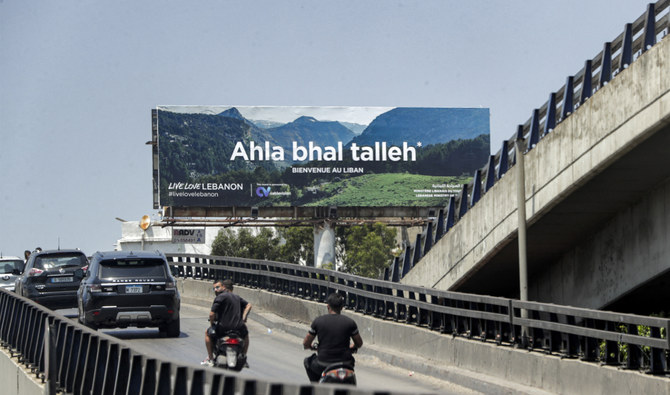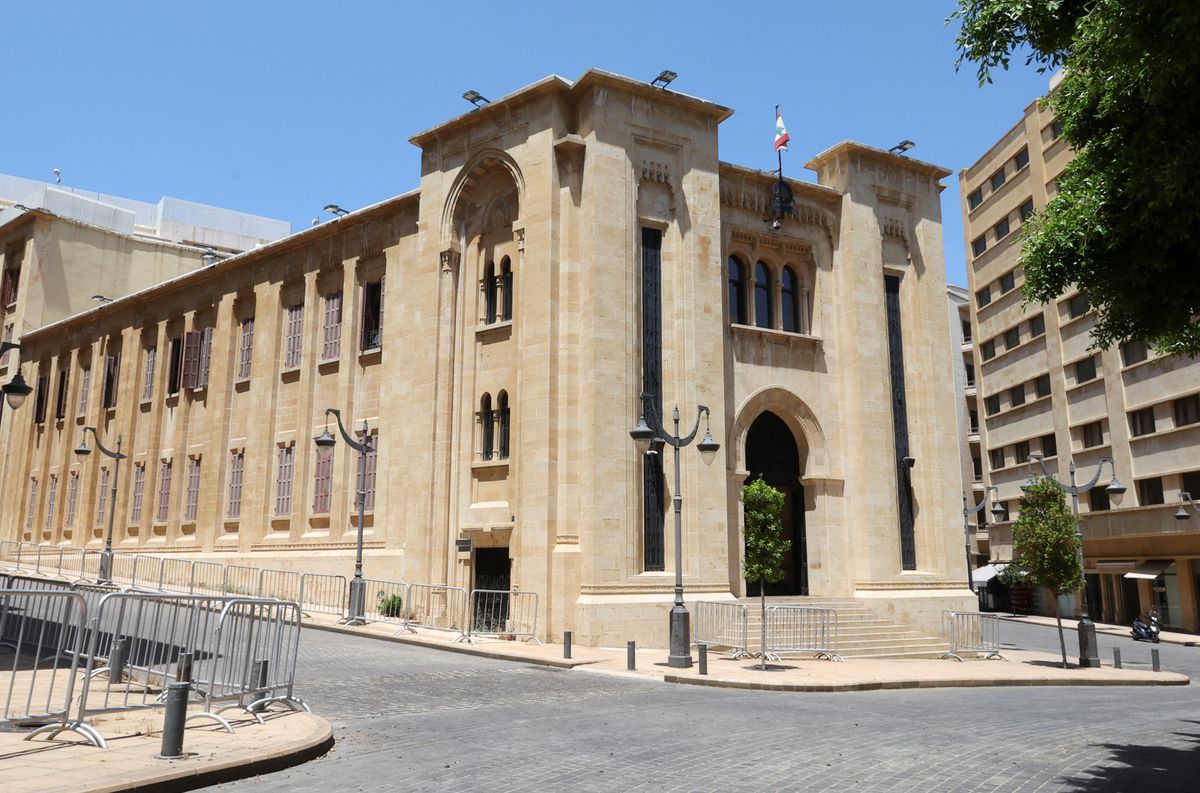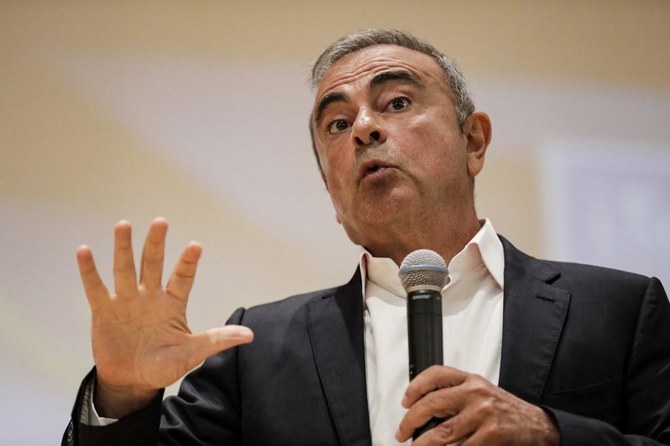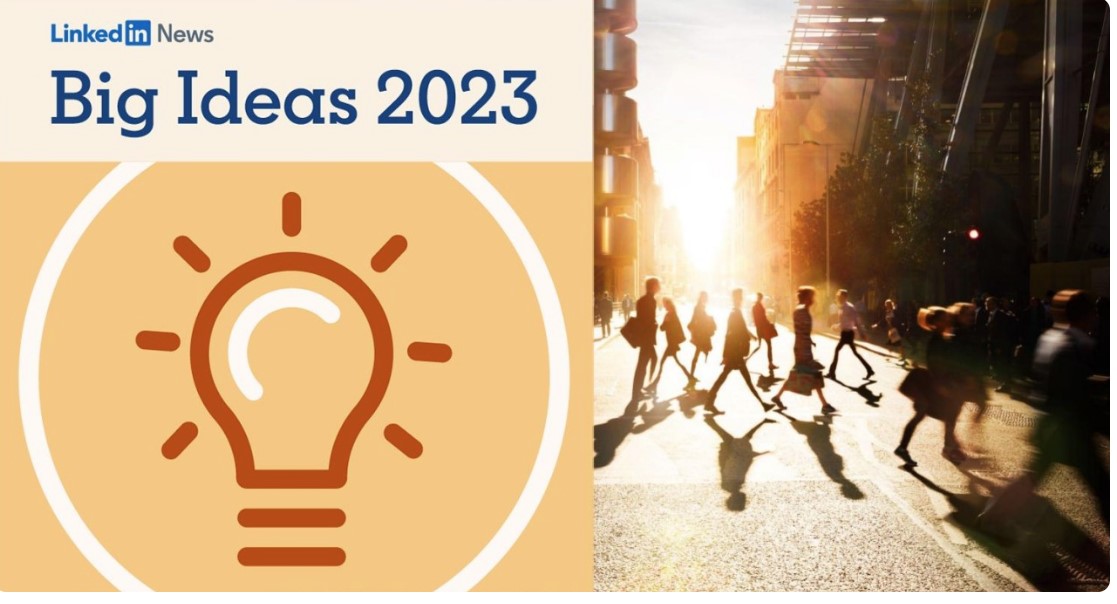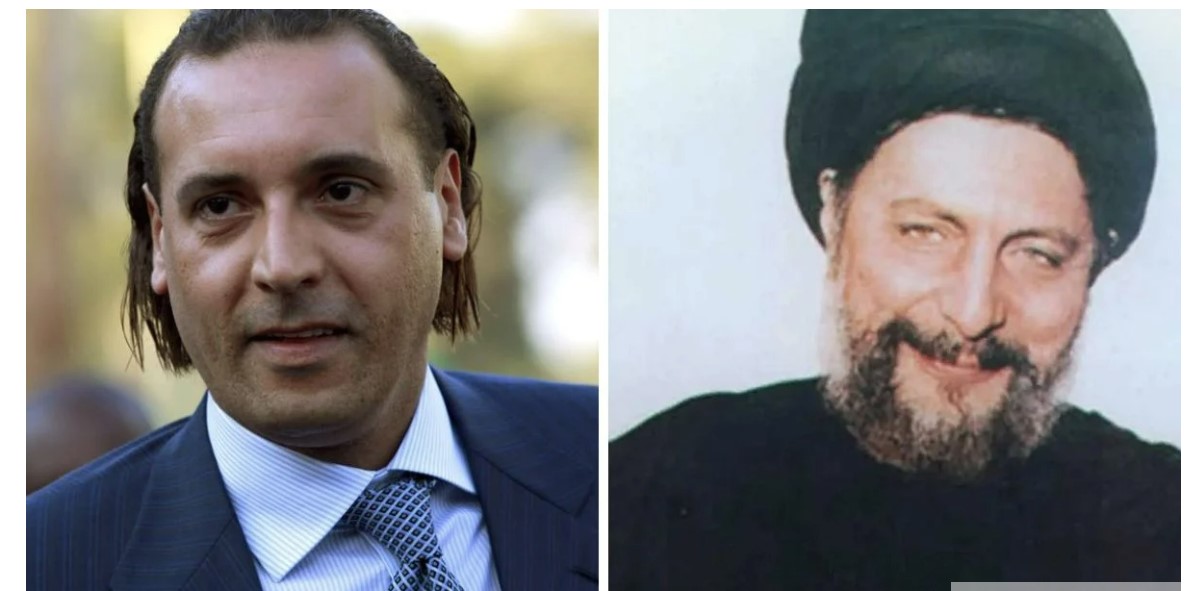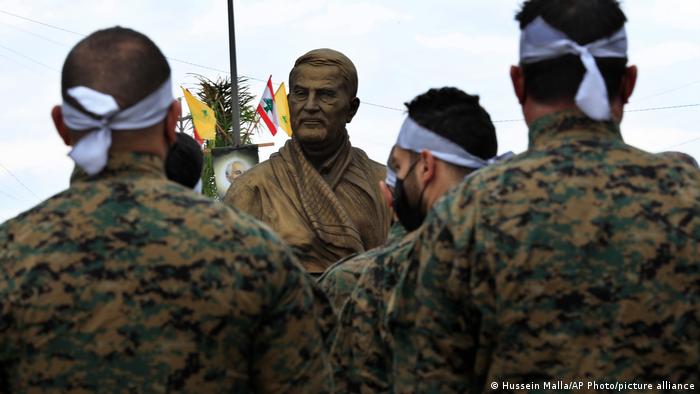
By Najia Houssari – arabnews.com — BEIRUT: Hezbollah is refusing Israeli demands that it dismantle an outpost set up in the disputed hills of Kfarshouba on the border between Lebanon and Israel. Amid a tense standoff between the militant group and Israel over the issue, Israeli warplanes violated Lebanese airspace at low altitude over the border towns of Bint Jbeil and Marjayoun on Saturday. The presence of the outpost — two military tents and a temporary structure occupied by Hezbollah fighters — gained prominence after it was discussed in the Foreign Affairs and Defense Committee in the Knesset last Tuesday. The Israeli army had tried to keep the issue under wraps for weeks.
BACKGROUND
A security source told an Israeli news site that Israel had sent messages to Lebanon through diplomatic and military channels in June regarding Hezbollah’s placement of military tents beyond the borders. Israeli news sites recently claimed that “Israel is preparing to forcibly remove military points established by Hezbollah on the border with Lebanon.” MP Mohammed Raad, head of Hezbollah’s parliamentary bloc, said on Saturday that “the time has passed when the Israelis bombed Osirak nuclear reactor without batting an eyelid. “Now the Israelis cannot remove two tents because there is strong resistance, strong men, and believers in this country.” In a remark directed at Israel, Raad said: “If you do not want a war, then be quiet.” He added: “Neither you nor anyone else can demand that the resistance removes what belongs to Lebanon.” Raad also said the Israeli side had been protesting against the two tents on the border for a month, claiming that they were placed in an advanced position on the Blue Line — as they interpret it. He added: “Israel demands their removal, and prefers that the resistance removes them because if the Israel remove the tents, a war will occur and Israel does not want that.”
